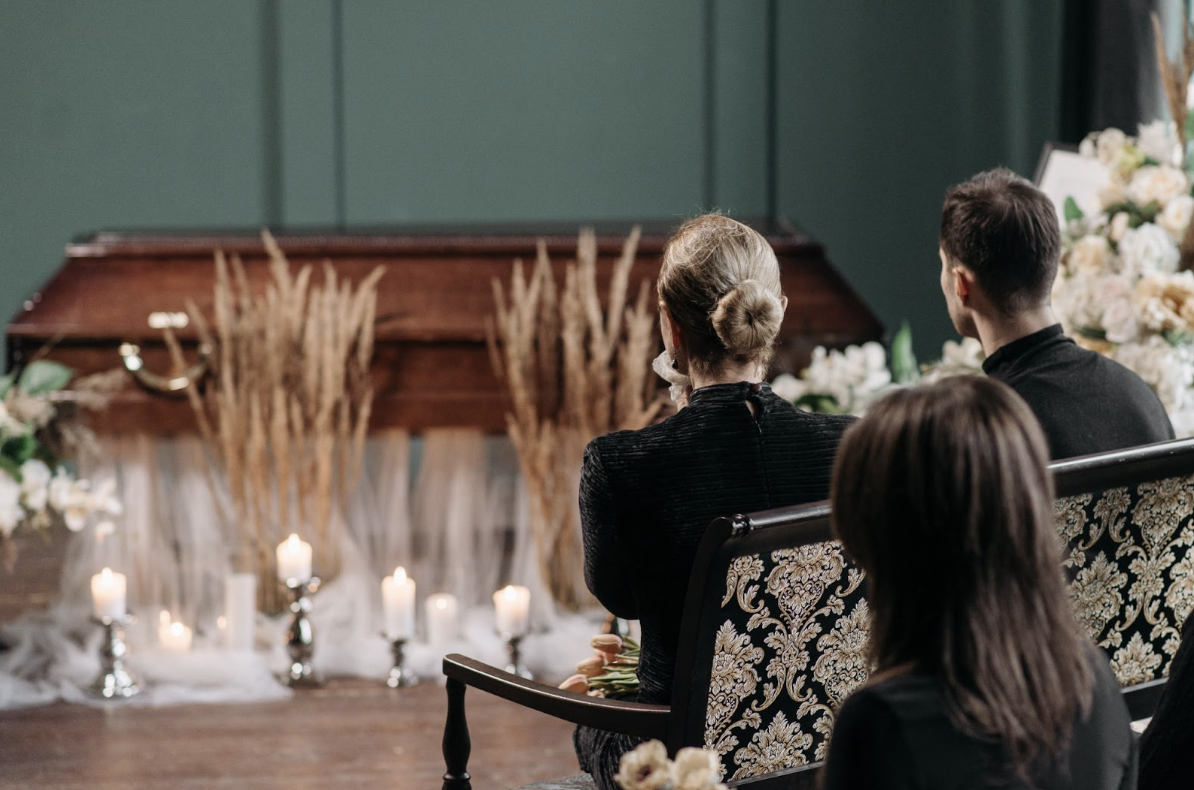
Funeral planning is not something people think about very often unless something happens that triggers the need to put their affairs in order. If you want to make decisions about what happens after you die, planning your funeral has a key part to play.
You have the option of writing down your preferences and talking to your loved ones about it. Another option is to look at various funeral plans and see if one suits your needs.
Here are some more top tips on how to plan your funeral.
Think About the Following Things
There are several things you need to think about before you start making your funeral plans. Ask yourself the following questions:
- Who do you want to organise your funeral and contact the funeral director?
- Would you prefer to be buried or cremated?
- How would you prefer your body to be prepared for burial or cremation?
- What do want done with your ashes if you’re being cremated?
- If you want to be buried, who will carry your coffin?
- Where would you like the funeral to be held?
- Do you have a preferred guest list?
- Is there specific music you want to be played?
- Would you like readings, prayers, or poems to be included?
- Would you like someone in particular to make a speech?
- Would you like family and friends to wear traditional black or be more colourful?
- Rather than flowers, should people donate to a charity of your choice?
- Should there be a wake, gathering, or party afterward?
- Do you want a memorial service and if so, where?
Remember to Tell Others About Your Decisions
You must talk to friends and family about what you want for your funeral. If you don’t tell them, how are they going to know? It’ll also help if you write things down to make it easier to remember.
If you’d rather not let everyone know, pick at least one trusted friend or family member to be told about your funeral plans.
If you’re organising your funeral with the help of a funeral director, they will likely send copies of the arrangements to a solicitor, family members, and yourself.
There is the option of writing down your wishes in an advance statement or an advance care plan. With your wishes written down in such an important document, it makes it easier for people to follow them when the time comes. You can also ensure any spiritual or religious needs are reflected in your funeral and also in your end-of-life care.
Another option is to include your funeral wishes in your will. However, with this option, your wishes are not binding. It’s a good idea to make a separate copy of your funeral wishes, just in case your Will is not discovered in time.
Paying For Your Funeral
Part of your funeral plans could include paying in advance for your funeral. If you do this it helps family and friends cover the cost of the funeral, should there be any delays in them accessing money from your estate.
If you don’t want to leave money in your estate to cover funeral costs, there is the option of paying in advance with insurance or a pre-paid funeral plan.
You might consider a budget funeral a suitable option. Perhaps you’re worried about the cost of the funeral. Or you might think there are more important ways to spend your money. There are lots of ways you can cut the cost of your funeral. Here are some suggestions:
- Shop around: Many wonderful people are working in the funeral industry, but it still pays to shop around as some funeral directors will be more expensive than others.
- Ask friends and family for help: You’ve got a network of people with a range of skills and resources. Do you know someone who might help supply the flowers or greenery from their garden? Perhaps you know a keen baker who would be able to rustle up savoury or sweet food for the wake.
- Avoid special vehicles: A meaningful send-off doesn’t have to include a cavalcade of black, shiny limousines processing down the street.
- Save money on fresh flowers: There are other options if you want to add a personal touch. Funeral flowers can be very expensive. Rather than fresh flowers, why not have something placed near your coffin that is meaningful to you, even if it’s just your picture in a frame?
- Is a formal wake vital: There is often a lot of pressure to spend a lot on a wake. However, it’s just a chance for people to get together, to chat, and to remember you. It doesn’t have to be a big event. Why not suggest people go out for a meal or have a gathering in someone’s house?
Deciding how you want to be remembered is important. It’s never too late or too soon to make your funeral plans. It will be an opportunity for people to celebrate your life and achievements. It’s also beneficial for family and friends because they can gather and say goodbye to you in a way that means something to you.
Published by HOLR Magazine.


